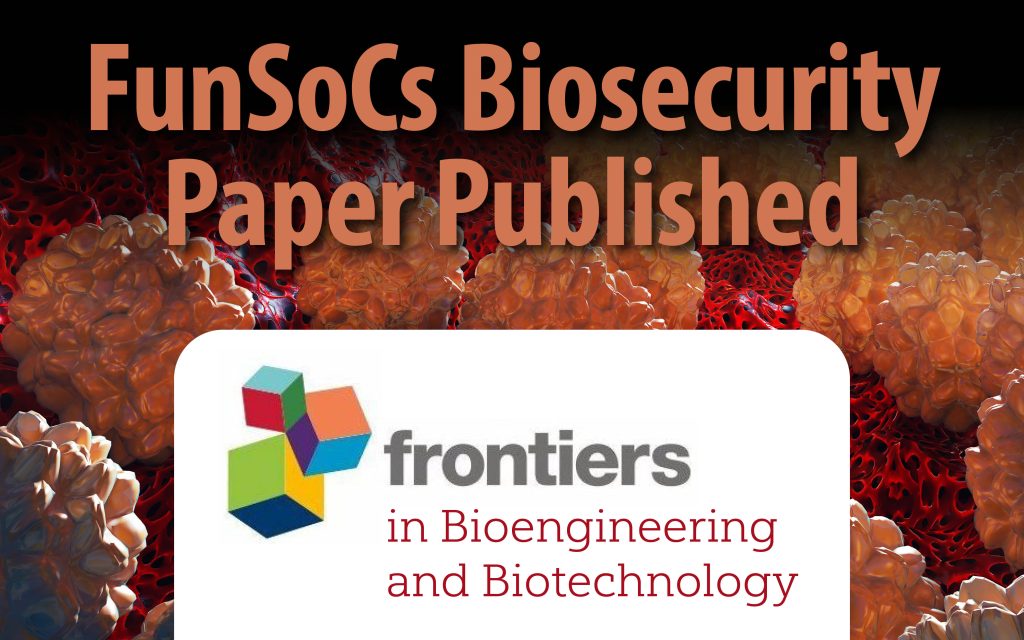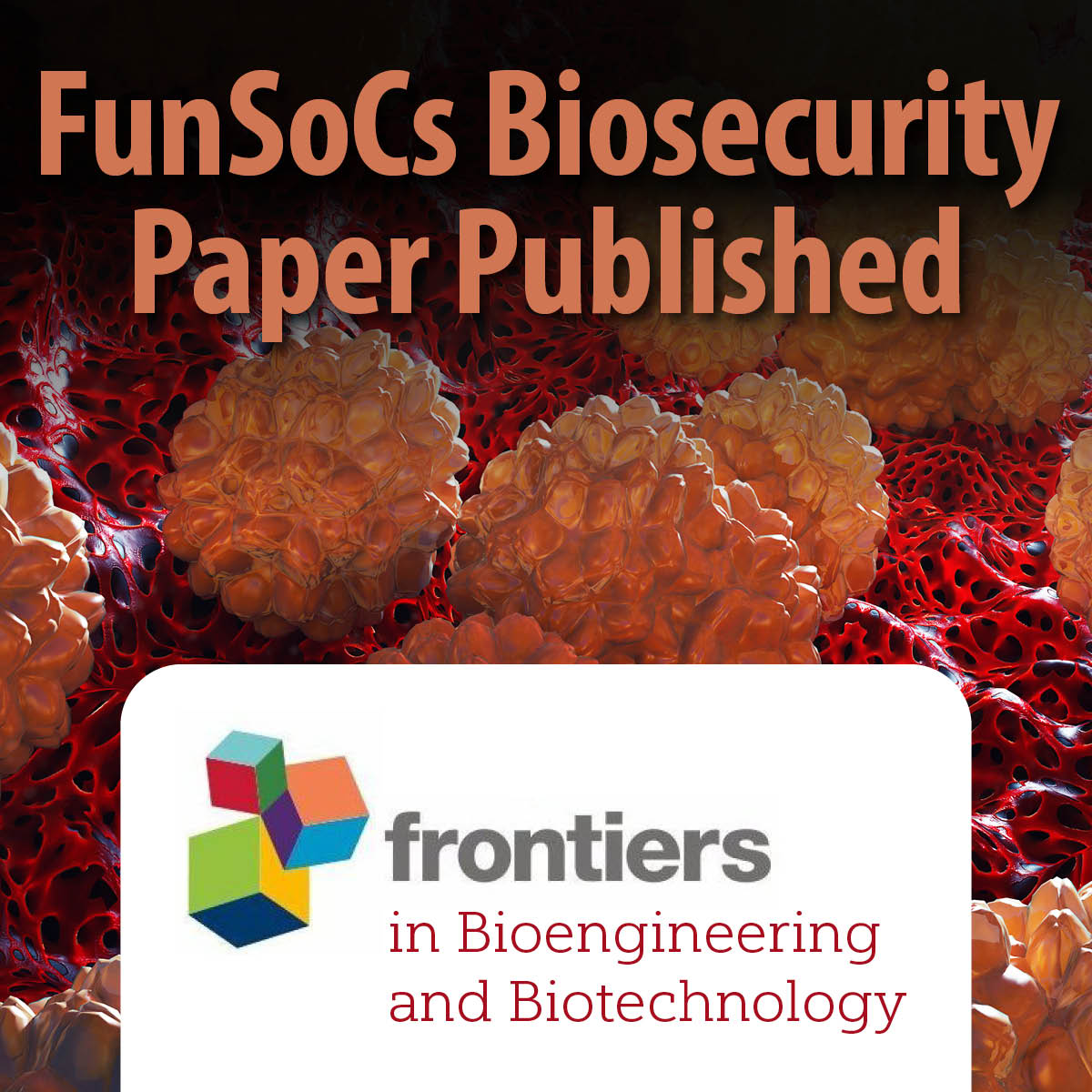
Abstract
Regulation of research on microbes that cause disease in humans has historically been focused on taxonomic lists of ‘bad bugs’. However, given our increased knowledge of these pathogens through inexpensive genome sequencing, 5 decades of research in microbial pathogenesis, and the burgeoning capacity of synthetic biologists, the limitations of this approach are apparent. With heightened scientific and public attention focused on biosafety and biosecurity, and an ongoing review by US authorities of dual-use research oversight, this article proposes the incorporation of sequences of concern (SoCs) into the biorisk management regime governing genetic engineering of pathogens. SoCs enable pathogenesis in all microbes infecting hosts that are ‘of concern’ to human civilization. Here we review the functions of SoCs (FunSoCs) and discuss how they might bring clarity to potentially problematic research outcomes involving infectious agents. We believe that annotation of SoCs with FunSoCs has the potential to improve the likelihood that dual use research of concern is recognized by both scientists and regulators before it occurs.
Read full paper here.
Authors
Gene D. Godbolda, F. Curtis Hewittb, Anthony D. Kappellb, Matthew B. Scholzb, Stacy L. Agara, Todd J. Treangenc, Krista L. Ternusb, Jonas B. Sandbrinkd and Gregory D. Koblentze
a Signature Science, LLC, Charlottesville, VA, United States
b Signature Science, LLC, Austin, TX, United States
c Department of Computer Science, Rice University, Houston, TX, United States
d Nuffield Department of Medicine, University of Oxford, Oxford, United Kingdom
e Schar School of Policy and Government, George Mason University, Arlington, VA, United States

